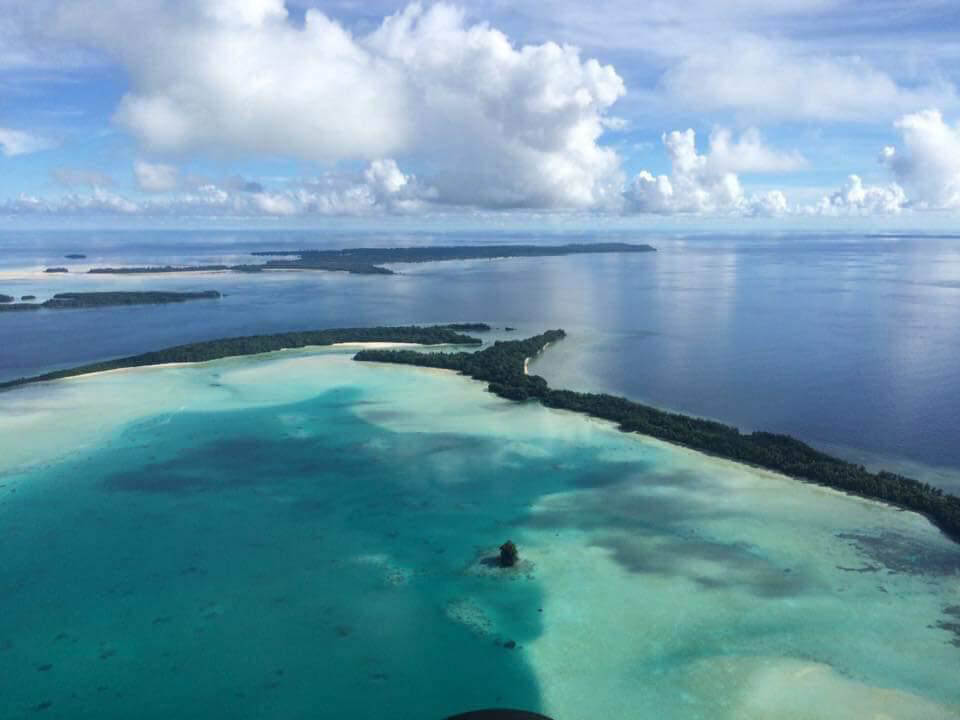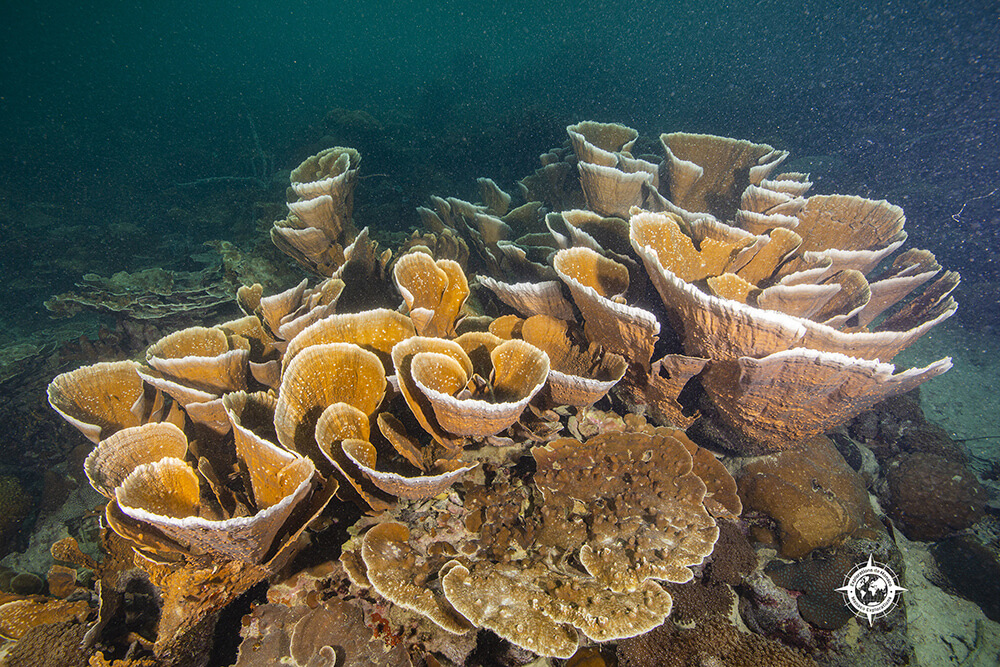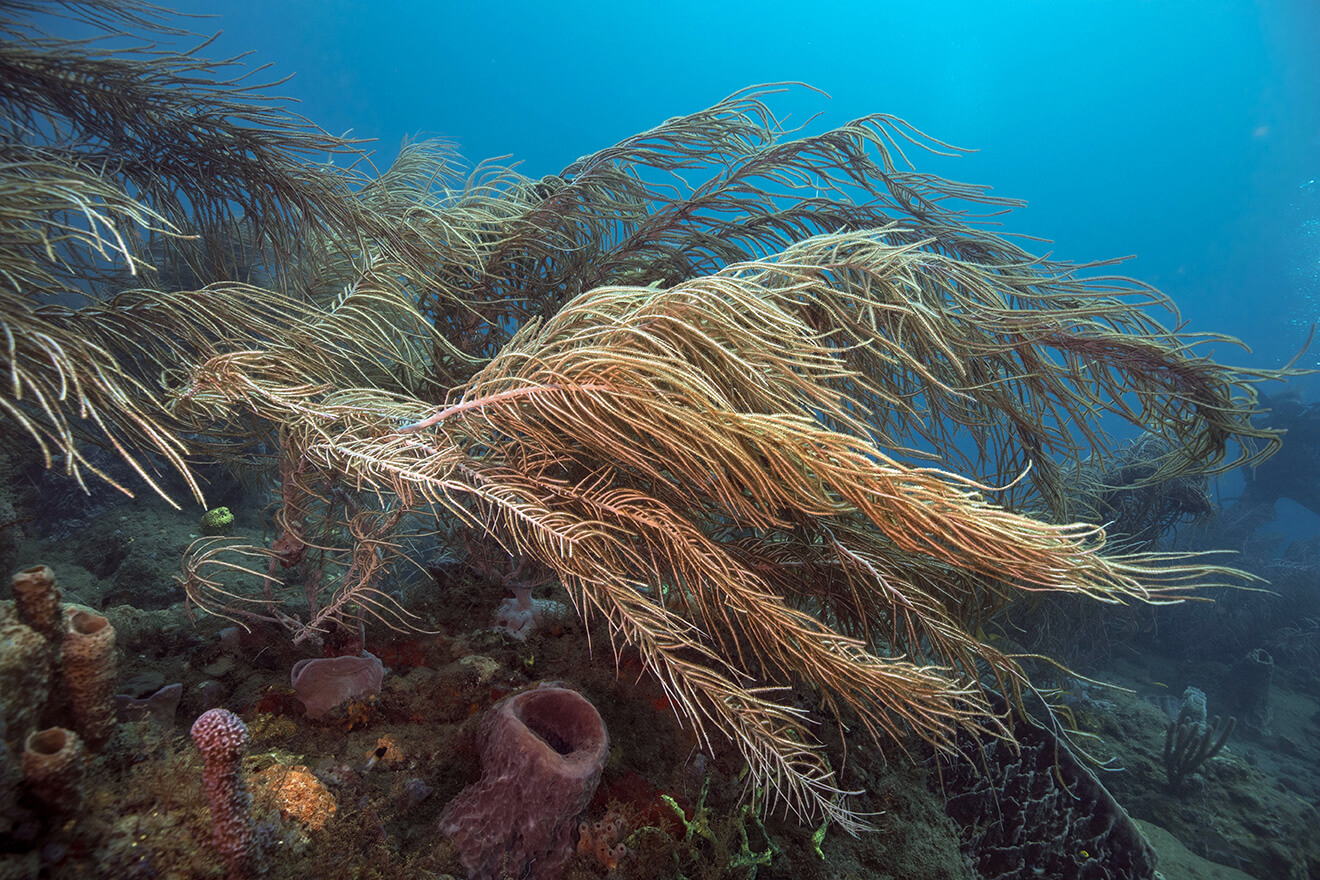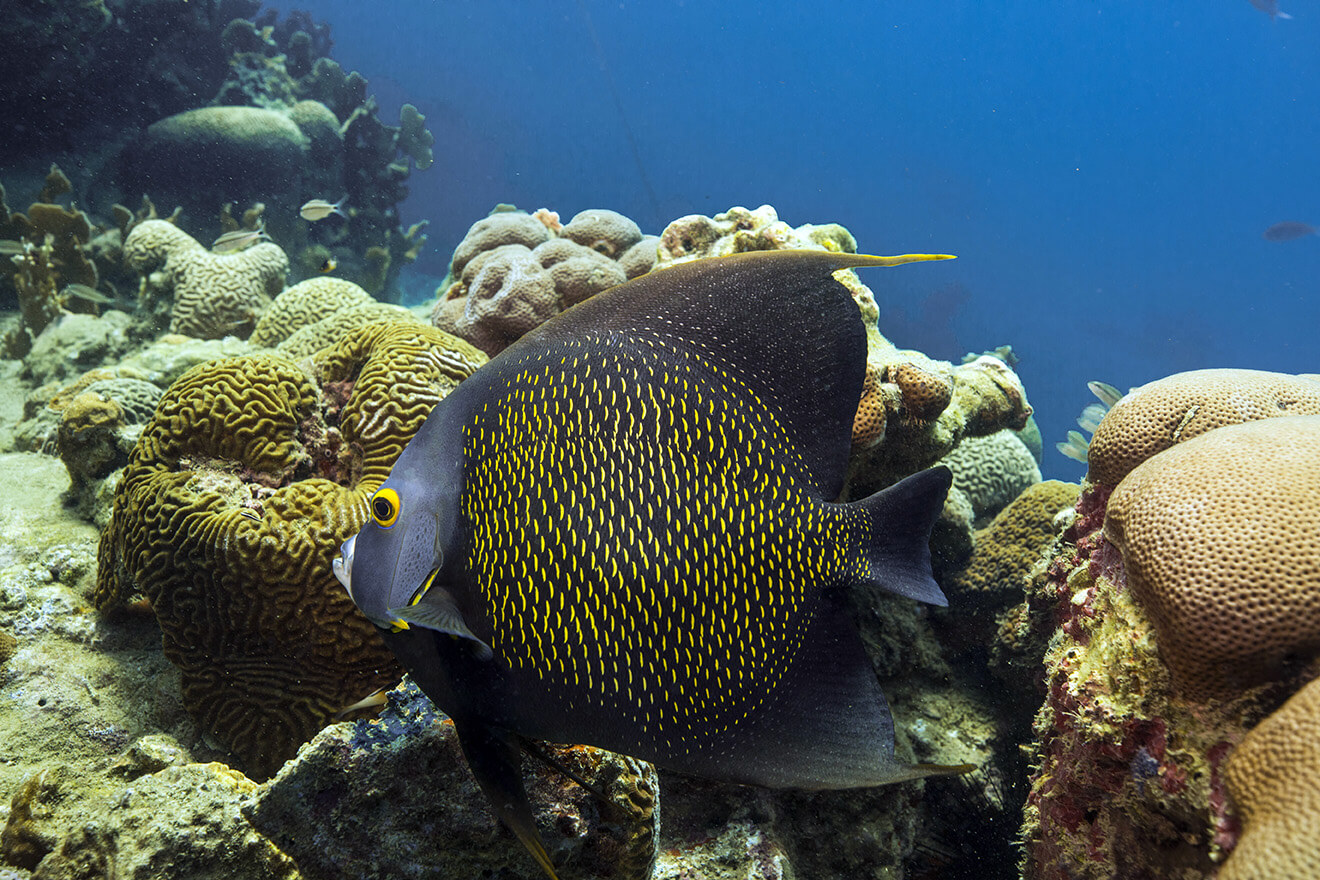Protection of corals
A priority
Hawai’i, Palau, Eilat in Israel, the Mediterranean or Norway; the Monaco Exploration Society and its partners have made the study of coral reefs in tropical regions and deep-water corals all around the world a priority. Several missions already carried out were wholly or partly devoted to them. This research work is part of the global marine biodiversity conservation policy pursued at international level by the Principality of Monaco and its Sovereign.
The coral reefs
A biodiversity reservoir…
Distributed over the entire tropical and subtropical belt of the world, the coral reefs of the warm seas are part of the major ecosystems on the planet. Reef-building corals are 240 million years old and protect the coastlines from erosion and the assaults of the ocean. They cover an area of about 284,000 km2, barely 0.1% of the oceans’ surface. Yet they harbour 30% of the marine biodiversity, a considerable proportion. Millions of people and dozens of States depend on them for their fishing and tourist economy and for their subsistence.


... in great danger
Today, coral reefs are considered as being in danger of extinction. Main factors responsible for this situation: global warming and rising water levels, ocean acidification, human pressure on the natural environment with illegal fishing or over-fishing, pollution or coastal construction.
Photo gallery
Beauty and fragility of the reef; open polyps on a coral branch. Palau Islands © Magali Boussion. Monaco Explorations.
Reef in the French Antilles, underwater view. Martinique. © Olivier Borde. Monaco Explorations.
Montipora sp. coral reef Palau Islands © Richard Brooks. Monaco Explorations.
Aerial view of the reef, Palau islands, Pacific Ocean © Hélène Souche.
Coral reef at Santa Marte. Colombia, Atlantic coast. In the foreground, French angelfish. © Olivier Borde. Monaco Explorations
Amaranth coral, detail. Palau, Pacific Ocean © Magali Boussion. Monaco Explorations
1°C is sufficient…
Coral reefs are regularly affected by the bleaching phenomenon: in the event of a sudden and rapid rise in temperature, corals expel the microscopic algae living in symbiosis in their tissues and whiten. A 1°C increase is sufficient to trigger this event. In 2016, it resulted in 30% mortality on the Great Barrier Reef in Australia in 6 months. Scientists observe that the most recent bleaching episodes have increased in intensity, frequency and duration…


Deep-water corals: a hope?
In the sea, the mesophotic zone is the twilight zone in the water column where only the blue wavelength of light penetrates. Located at a depth of 40 to 180 m according to the regions of the world, it harbours deep-water reef-building corals, from the poles to the equator. The study of those largely unknown species is being stepped up. Indeed, some of them could be re-implanted on the surface in damaged reef areas. Monaco Explorations have already devoted several missions to them.
Monaco: a particular link with coral
From the coral farm and the reef ecosystems presented in the Aquarium of the Oceanographic Museum to the research laboratories of the Monaco Scientific Center, coral has long been the focus of a strong mobilisation of the Principality.
Co-presidency of the ICRI
The co-presidency until 2020, with Australia and Indonesia, of the International Coral Reef Initiative (ICRI), the Coral Reef Life Declaration launched at the ‘Our Ocean’ conference by H.S.H. Prince Albert II of Monaco, the missions organised as part of the Monaco Explorations or supported by the Prince Albert II of Monaco Foundation renew the Principality’s commitment to the protection of corals.
